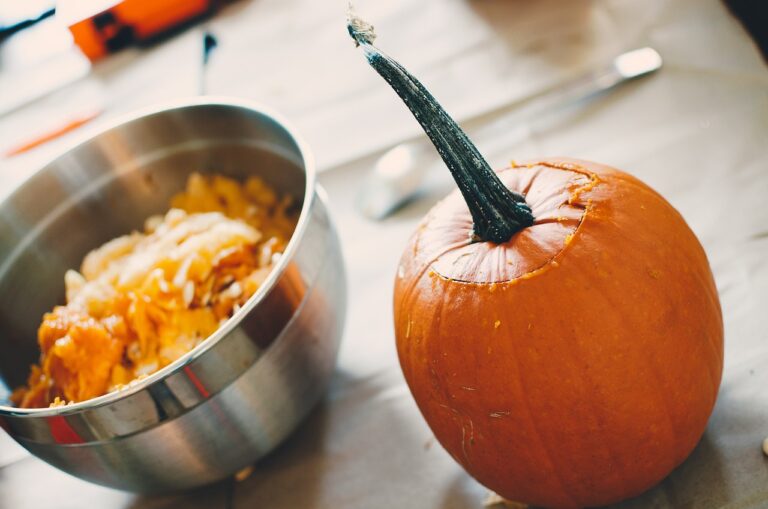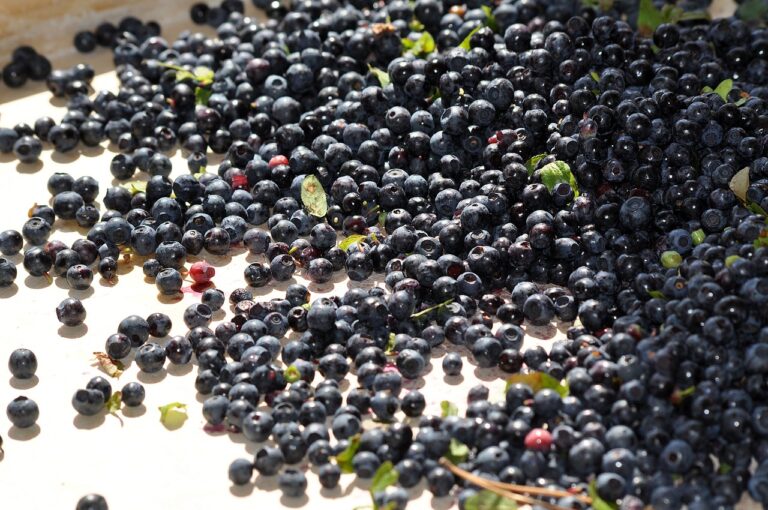The Role of Traditional Indigenous Healing Practices in Childbirth
In many Indigenous cultures around the world, childbirth is viewed as a sacred and profound experience deeply rooted in spiritual beliefs. These traditions often emphasize the interconnectedness between the mother, the baby, and the natural world, highlighting the importance of honoring and respecting this connection throughout the birthing process. Rituals and ceremonies are commonly performed before, during, and after childbirth to invoke blessings, protection, and guidance from ancestors and deities.
Moreover, traditional Indigenous beliefs often incorporate the idea of maternal strength and empowerment during childbirth. Mothers are encouraged to draw upon their inner resilience and spiritual wisdom to guide them through the challenges of labor and delivery. The community plays a significant role in providing emotional support and practical assistance to ensure the well-being of both the mother and the newborn during this sacred time.
Cultural Significance of Healing Practices in Childbirth
In many indigenous cultures around the world, the process of childbirth is viewed as a sacred and spiritual event. Traditional healing practices are deeply rooted in these communities, with a focus on maintaining the well-being of both the mother and the baby during and after childbirth. These healing practices often involve a combination of rituals, ceremonies, and natural remedies that are passed down through generations.
The cultural significance of these healing practices lies in their ability to honor the connection between the physical, emotional, and spiritual aspects of childbirth. By incorporating traditional rituals and ceremonies into the birthing process, indigenous communities seek to create a holistic and supportive environment for the mother and baby. These practices not only promote physical healing but also play a crucial role in nurturing the emotional well-being of the mother, strengthening the bond between mother and child, and fostering a sense of community and belonging.
What role do traditional indigenous beliefs play in childbirth?
Traditional indigenous beliefs often dictate the rituals and practices surrounding childbirth, emphasizing the importance of spiritual and cultural connections during this significant event.
How do healing practices contribute to the cultural significance of childbirth?
Healing practices in childbirth serve not only to address physical ailments but also to provide emotional and spiritual support, honoring cultural traditions and beliefs surrounding the birthing process.
Are healing practices in childbirth universal across different cultures?
While healing practices in childbirth may vary across different cultures, the underlying principle of promoting well-being and connection to cultural roots remains a common thread among diverse traditions.
How can incorporating traditional healing practices in childbirth benefit individuals and communities?
By incorporating traditional healing practices in childbirth, individuals and communities can strengthen cultural identities, foster a sense of belonging, and promote holistic well-being for both mothers and newborns.
What challenges may arise in preserving and passing down cultural healing practices in childbirth?
Challenges in preserving and passing down cultural healing practices in childbirth may include modernization, assimilation, and the erosion of traditional knowledge, highlighting the importance of cultural preservation efforts and intergenerational transmission of wisdom.





